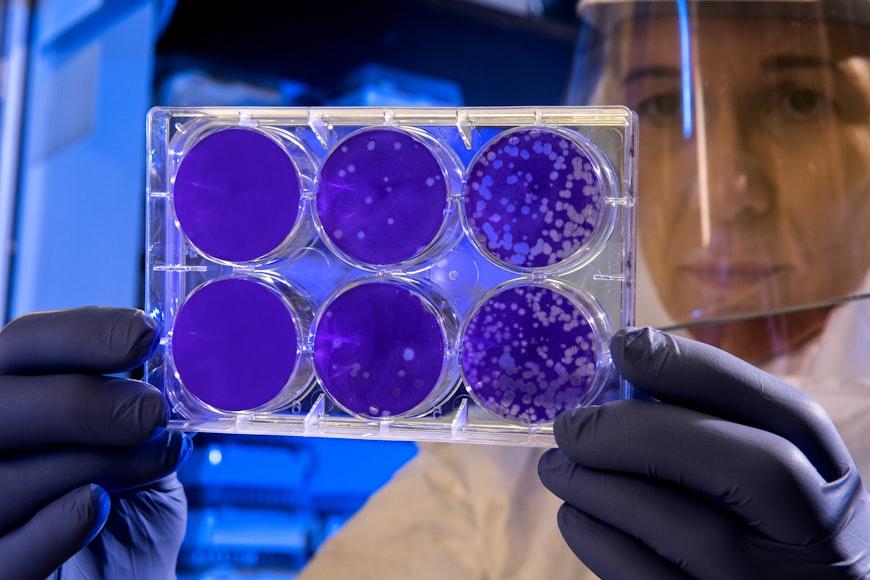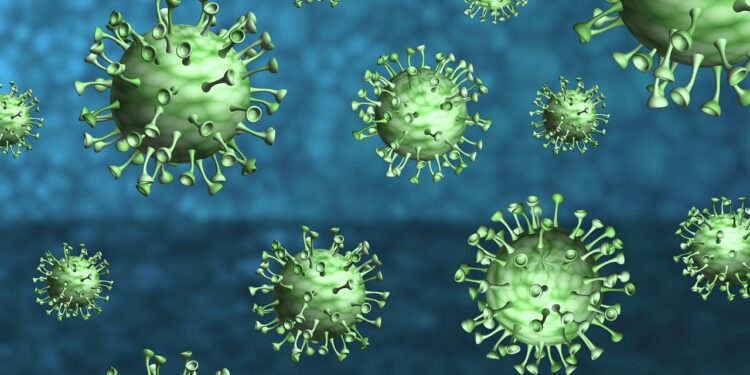Rotavirus is a highly contagious virus that mainly affects young children, causing serious stomach infections. It spreads easily in places like daycare centers and schools through contaminated surfaces or direct contact with an infected person. If not treated, rotavirus can lead to severe dehydration, which can be life-threatening, especially for babies and young kids. In this article, we’ll look at how to treat rotavirus and the best ways to prevent it.

Prevention and Treatment of Rotavirus
Vaccination
The best way to prevent rotavirus is to get vaccinated. There are vaccines that are available to help protect babies and young children from getting infected. These vaccines are given in a series of doses. Usually when a child is between 2 to 6 months old. The vaccine trains the body’s immune system to fight the virus if it ever enters the body. Getting vaccinated doesn’t only protect the child from getting rotavirus, but also stops the spread of the virus to other children.
Treatment Options
There is no specific medicine to kill the rotavirus itself. However, the treatments are mainly focused on managing the symptoms caused by the virus. Children who have rotavirus need to drink plenty of fluids to replace what’s lost during diarrhea and vomiting. In more serious cases, doctors give fluids through an IV to keep the child hydrated. Finally, over-the-counter medicine is usually not recommended for children with rotavirus unless advised by a doctor.
Home Remedies
When a child has a mild case of rotavirus, the child can drink water or oral rehydration solution. Oral rehydration solutions are special drinks that help replace lost fluids and salts. Also, you need to feed the child easy-to-digest foods like bananas, rice, or toast once your stomach can handle it. But sugary drinks like soda or juices should be avoided because they can make diarrhea worse.
Global Impact
Burden on The Healthcare System
Rotavirus is such a big deal for health care systems around the world, especially in countries where hospitals and medical staff are limited. Imagine a hospital that’s already busy with a lot of sick people, and then all of a sudden, children keep coming in with the same cases of severe diarrhea and dehydration because of Rotavirus. It overwhelms doctors and nurses because there are not enough hands on deck.
Impact on Child Mortality
Rotavirus is one of the leading causes of death in young kids who are under the age of 5. In developing countries, many kids don’t get treated for dehydration in time because hospitals may be far away from where they live or just too expensive to pay for. Sadly, this can lead to deaths that could have been prevented.
Conclusion
What’s the good news? The good news is that people all over the world are working to fix this. Organizations like the World Health Organization, WHO, and other community groups are making sure more kids get vaccinated, especially in countries that need it the most. One of the many implementation recommendations made by the WHO is a recommendation that all national immunization programs include rotavirus vaccines, especially in regions with a high mortality rate from rotavirus gastroenteritis, such as South Africa and Sub-Saharan Africa.

















